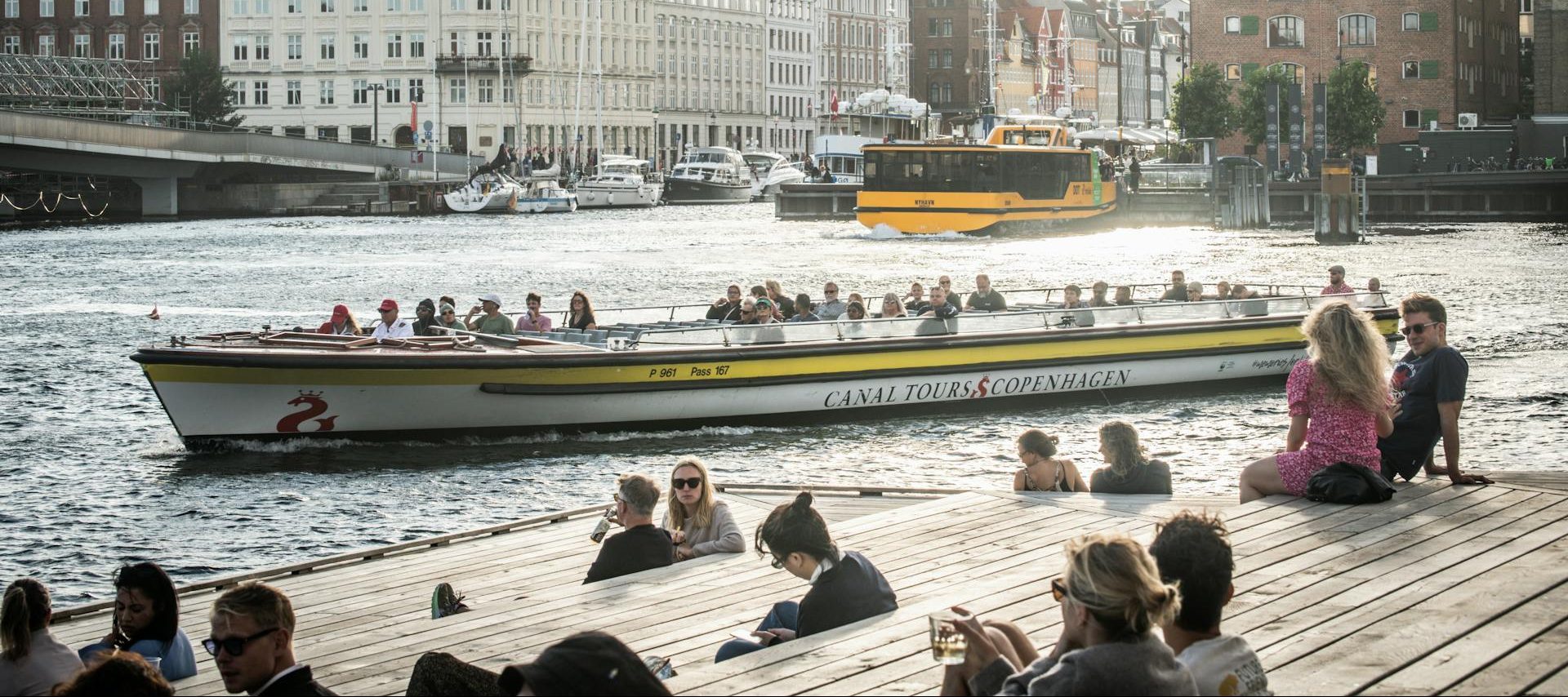
Knowing the societal norms and expectations that shape daily interactions is essential in Denmark. Danish society is built on principles of equality and modesty, which permeate social behaviour. For example, a firm handshake accompanied by direct eye contact is the standard greeting in business or casual settings. Danes are punctual, so being on time is a sign of respect. It’s also essential to maintain a low profile in public; loud or ostentatious behaviour is generally frowned upon. These are a few nuances of Danish customs that potential expats must know. Taking note of these cultural attitudes to integrate fully into Danish society is paramount to avoid any unintentional faux pas.
Respect in Denmark is often demonstrated through adherence to social norms and a deep sense of community responsibility. Danes value honesty, modesty, and politeness in interactions. For expats, showing respect involves being aware of these values and acting accordingly. Keeping open and respectful communication is a big part of this; always mind how people want to be called and read the room to try and advance the sense of humour for each occasion. This includes speaking in moderate tones, respecting personal space, and following established protocols in social and business settings.
While Denmark doesn’t have a formal dress code, there is an unspoken expectation to dress appropriately depending on the occasion. Danish fashion is known for its simplicity, functionality, and subtle elegance. In professional settings, smart casual attire is the norm, with a preference for clean lines and neutral colours. Public appearances, such as dining out or attending social events, often require a polished look, though comfort remains a priority. For expats, adopting a similar approach to clothing can facilitate their transition into Danish society, helping them avoid standing out for the wrong reasons. Considering your identity and respecting the standards of the local culture is essential as long as you make sure to dose it with a sense of self since the way we present ourselves is the first impression to show others who we are.
Yes, you can drink in Denmark, but there are specific rules. The legal drinking age is 18 for purchasing alcohol in bars and restaurants, while individuals aged 16 can buy beer and wine from shops. Public drinking is generally accepted, especially in parks during the summer, but drunken behaviour is socially unacceptable and can result in police intervention. Denmark’s approach to alcohol is rooted in moderation and responsibility. Expats should enjoy the vibrant drinking culture but always have an awareness of these social norms to avoid misunderstandings or legal issues.
Tipping is uncommon in Denmark because the bill typically includes service charges. Danish workers receive fair wages, making tips unnecessary in most situations. However, rounding up the bill in taxis or leaving a small tip for exceptional service in restaurants is appreciated but not expected. This approach to tipping reflects the egalitarian nature of Danish society, where equality also extends to financial transactions. Expats should be mindful of this when paying for services, understanding that the absence of tipping is part of the broader cultural context of fairness and respect.
Dealing with relationships in a different culture can be challenging. Breaking up in Denmark, as elsewhere, can be emotionally demanding, but the country’s efficient legal framework streamlines the practical aspects of separation. Danish society’s emphasis on personal responsibility and clear communication plays a role in handling breakups, from less formal relationships to in-depth ones. Legal procedures, particularly for married couples, are straightforward, with options like mediation available to make the process as amicable as possible. However, the emotional impact can be mitigated by Denmark’s solid social support systems, which offer counselling and other resources to help individuals cope. For expats, understanding these aspects can provide clarity during difficult personal transitions.
When moving to Denmark, it’s essential to be aware of the restrictions on certain food items. Danish customs regulations prohibit the import of certain goods, including unpasteurised milk, specific meat products, and some types of fruits and vegetables that might carry pests or diseases. Additionally, there are strict rules regarding importing endangered species or products from them, per international agreements. Expats should ensure that any food they bring into the country complies with these regulations to avoid fines or confiscation at customs. Familiarising oneself with these rules is part of the broader process of adapting to life in Denmark.
At VanOne International Movers, we understand the complexities of house removals to Denmark. We offer a comprehensive service, from customs clearance to door-to-door collection and delivery. We count on expert advice to instruct you with the most up-to-date information, whether you are wondering what kind of foods you can bring from your home country and what the procedures are to enter Danish borders with them. Our services are tailored to ensure your belongings are fully insured throughout the journey. If you’re looking to store your items temporarily or need a complete removal to Denmark service, we’ve got you covered. With VanOne, the start of your Danish life will be easier. Let us handle the logistics so you can focus on settling into your new home. Contact us today for a free quote.
 Is Aarhus Denmark a Good Place to Live?
Is Aarhus Denmark a Good Place to Live?Is Aarhus Denmark a Good Place to Live? So, is Aarhus Denmark an excellent place to live? Situated…
 What Salary Do You Need to Live Comfortably in Denmark?
What Salary Do You Need to Live Comfortably in Denmark?What Salary Do You Need to Live Comfortably in Denmark? Moving to Denmark is an appealing prospect for…
 7 Things to Know Before Moving to Denmark
7 Things to Know Before Moving to Denmark7 Things to Know Before Moving to Denmark Moving to Denmark is an attractive prospect, but it requires…
 What is the Best Age to Move Overseas?
What is the Best Age to Move Overseas?What is the Best Age to Move Overseas? Relocating to another country is a significant decision influenced by…